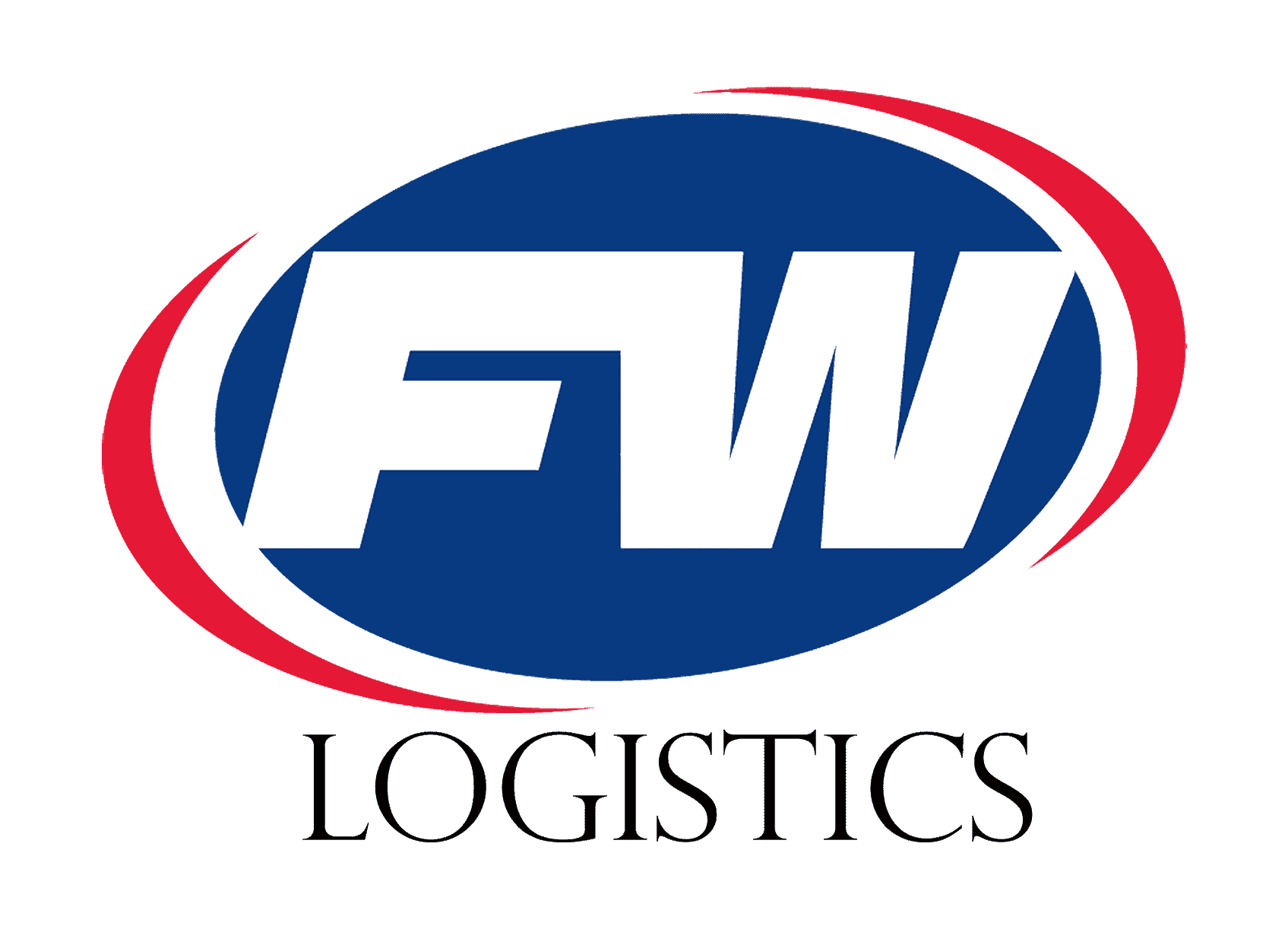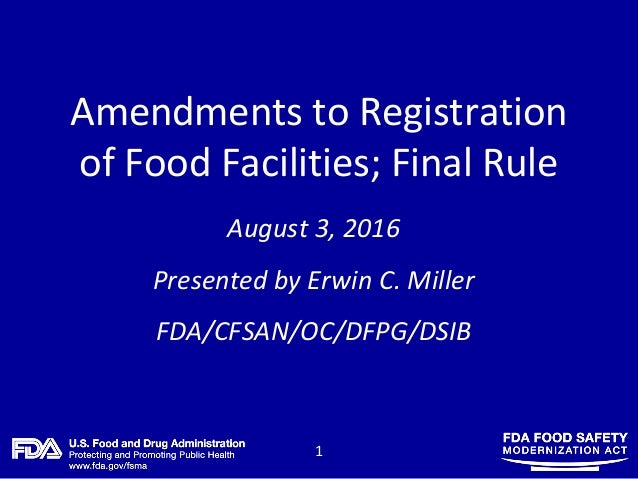The logistics management of every facility are responsible for quality food storage and the fda is responsible for keeping them honest.
Fda food storage warehouse regulations.
Notice from the food and drug administration to growers food manufacturers food warehouse managers and transporters of food products on decontamination of transport vehicles.
Food grade warehouses are separated by type.
Monitoring systems and sensors must be equipped with alarms that signal changes.
Warehouses that handle foods requiring refrigeration or things like fresh fruits and vegetables that are exposed to the warehouse environment definitely fall into the requirement for fda registration.
Fda regulations for food distribution warehouses.
Food grade warehouses serve as an invaluable link between the fields of the farmer the processor the retailer and finally the consumer.
These specialized storage facilities must undergo rigorous evaluation and adhere to precise guidelines in order to continue operation.
Receipt and storage of.
Includes guidance for industry as well as manufacturing processes food facility registration haccp retail food protection.
These regulations became effective on december 12 2003.
Guidance and regulatory information on food and dietary supplements.
Fda be given advance notice on shipments of imported food.
Failure to follow.
This compliance policy guide describes criteria for direct reference seizure of food products in warehouse storage facility regarding rodent insect or bird contamination.
Temperature and humidity must be maintained within acceptable ranges.
Not defined in the cgmp regulations interpreted as the primary packaging of a finished drug product may include glass plastic or metal containers bottles.
The equipment also must be hooked up to backup power sources.
The fda has regulations in place for everything from refrigerated storage in warehouse facilities to the supply chain management.
The fda food safety modernization act fsma enacted on january 4 2011.





























